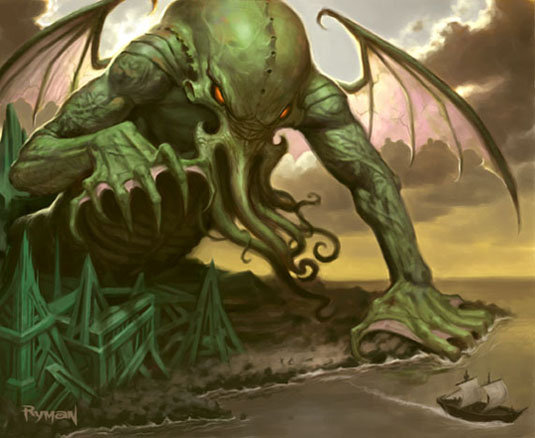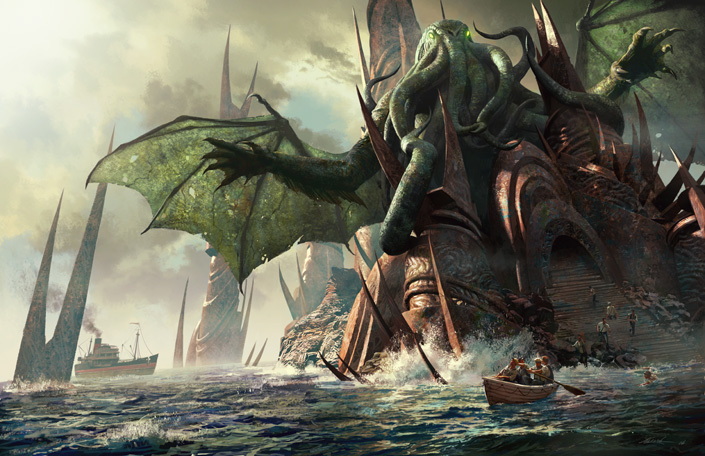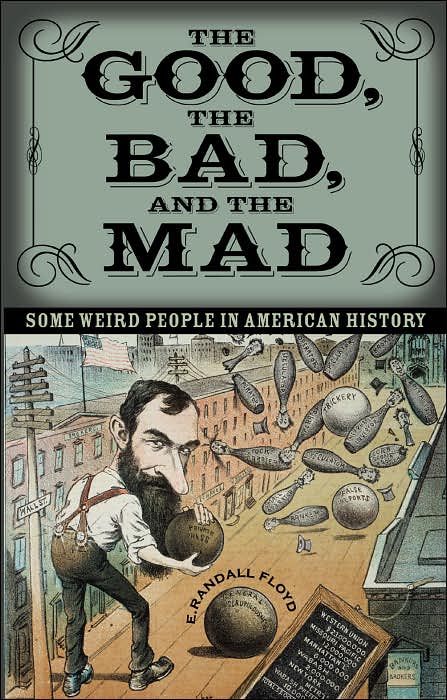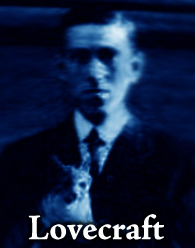The Call of Kathulos: Kull, Skull and “Call”
Wednesday, February 11, 2009
posted by Deuce Richardson
I’m Deuce Richardson and I’ll be your blogger for this evening. I’m a native south-east Kansan and grew up working on my parents’ farm/ranch, the fourth generation of Richardsons to do so. At the age of nine I discovered Robert E. Howard and haven’t been right in the head since. Subsequent to graduating high school, I attended Kansas State and then Pittsburg State University. After that, it was time to get to work. In early 2005, I leapt into the twenty-first century by purchasing my own computer. That eventually led me to becoming a member on the Official Robert E. Howard Forum. Membership there landed me in various places like Cross Plains, Texas and then, surprisingly, here. Enough about me. On with the show.
Ever since a certain “Mr. O’Neail” wrote in to Weird Tales wondering, there has always been a question hovering, bat-winged, over Robert E. Howard’s novella, “Skull-Face”: Was REH’s “Kathulos” (and the tale thereof) influenced, somehow, by Lovecraft’s “The Call of Cthulhu”?
Howard had this to say in a letter to HPL (ca. August 1930):
A writer in the Eyrie, a Mr. O’Neail, I believe, wondered if I did not use some myth regarding this Cthulhu in “Skull Face”. The name Kathulos might suggest that, but in reality, I merely manufactured the name at random, not being aware at the time of any legendary character named Cthulhu — if indeed there is.
That’s that, I guess, but… all indicators point to Robert E. Howard reading “Call of Cthulhu” before he ever started composing “Skull-Face.” In a letter to Weird Tales, Howard demonstrates he’d already savored the darksome pleasures of “CoC” (published in the February 1928 issue of Weird Tales): “Mr. Lovecraft’s story, ‘The Call of Cthulhu’ is indeed a masterpiece, which I am sure will live as one of the highest achievements of literature.” (ca. April 1928)









